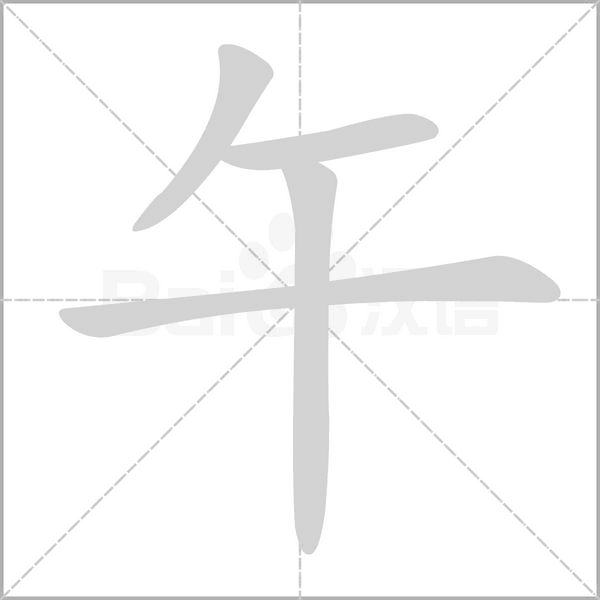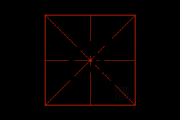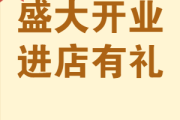本文目录导读:
- Understanding Auspicious Timing
- The Significance of the "午日" (Noon)
- How to Choose Auspicious Timing
- The Role of Auspicious Timing in Modern Life
- Conclusion

In the vast tapestry of Chinese culture, the concept of "auspicious timing" plays a pivotal role in determining the success of various endeavors, from personal aspirations to collective endeavors. One such auspicious time is the "午日" (noon), a period that holds significant importance in many traditional practices. This article delves into the significance of auspicious timing, particularly focusing on the "午日" and its role in Chinese culture.
Understanding Auspicious Timing
Auspicious timing, or "auspicious moments," refers to specific times of the day that are believed to bring good fortune, prosperity, or success. In Chinese culture, these timings are often associated with the natural cycles of the sun and the moon, as well as the cyclical nature of the Chinese zodiac. The concept of auspicious timing is deeply rooted in the belief that certain times of the year or day are more conducive to positive change and success.
One of the most common ways to determine auspicious timing is through the use of a "calendar" or "tianji" (heavenly stems), which is a system used in traditional Chinese astronomy to predict the flow of time and its impact on events. The tianji system divides the day into ten equal parts, each representing a different "heavenly stem." These stems are associated with specific zodiac animals and are used to determine the best times for various activities.
The Significance of the "午日" (Noon)
The "午日" (noon) is one of the most widely recognized auspicious times in Chinese culture. It is often associated with the "heavenly noon" or "middle noon," a period when the sun is at its highest point in the sky and the balance between yin and yang energies is most harmonious. This balance is believed to bring a sense of stability and prosperity, making it an ideal time for both personal and collective endeavors.
In many traditional practices, the "午日" is considered a time of great significance. For example, in Chinese medicine, the "午日" is often recommended for rest and rejuvenation, as it is believed to align the body with the flow of qi (vital energy). In business, the "午日" is often seen as a time of good fortune, and many entrepreneurs choose to launch new ventures or make important decisions during this period.
How to Choose Auspicious Timing
Choosing the right auspicious timing involves a combination of understanding the natural cycles of the sun and moon, as well as the cultural and personal context of the activity or event in question. Here are some general guidelines for selecting auspicious timing:
-
Consider the Cycle of the Sun and Moon: The "tianji" system is a key tool for determining auspicious timing. By understanding the current cycle of the sun and moon, you can identify the best times for your activity.
-
Pay Attention to the Zodiac Animal: Each zodiac animal is associated with a specific set of auspicious times. For example, the year of the Tiger is often associated with the "午日," making it a time of great success and prosperity.
-
Consider the Direction of the Sun: In traditional Chinese practices, the direction of the sun plays a significant role in determining auspicious timing. For example, in feng shui, the "午日" is often associated with the direction of the sun, as it is believed to bring balance and harmony to the environment.
-
Consult with Experts: In many cases, it is helpful to consult with a professional, such as a feng shui master or a fortune teller, to determine the best auspicious timing for your specific activity or event.
The Role of Auspicious Timing in Modern Life
In today's fast-paced and competitive world, the concept of auspicious timing remains relevant and valuable. While modern technology and communication have made it easier to schedule activities and events, the principles of auspicious timing can still be applied to enhance success and prosperity.
For example, in the world of business, many entrepreneurs choose to launch new ventures during the "午日," as it is believed to bring a sense of stability and good fortune. Similarly, in personal relationships, the "午日" is often seen as a time of harmony and balance, making it ideal for resolving conflicts or celebrating milestones.
Conclusion
The "午日" (noon) is a time of great significance in Chinese culture, often associated with balance, stability, and prosperity. By understanding the principles of auspicious timing and applying them to your life, you can increase your chances of success and happiness. Whether you are launching a new venture, celebrating a milestone, or simply seeking a moment of rest and rejuvenation, the "午日" offers a valuable opportunity to align with the flow of life and embrace the energies of the universe.
相关阅读:
标签: #吉时








